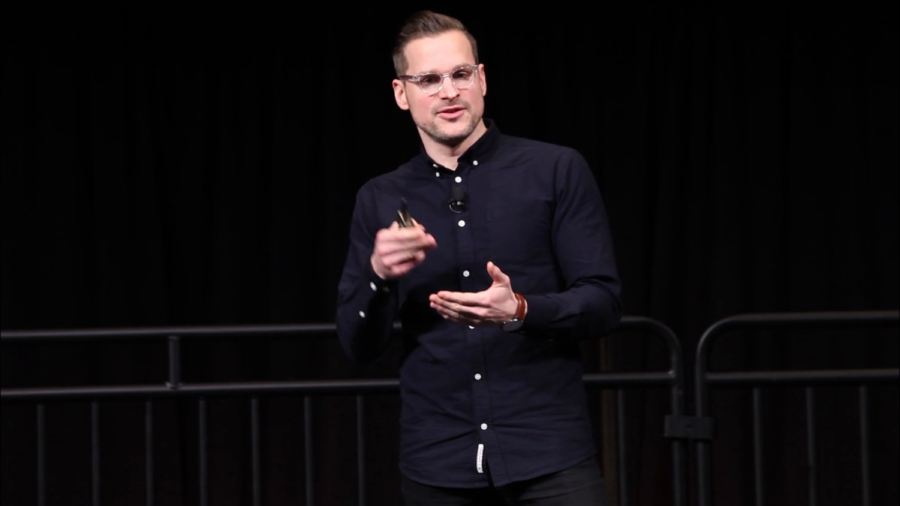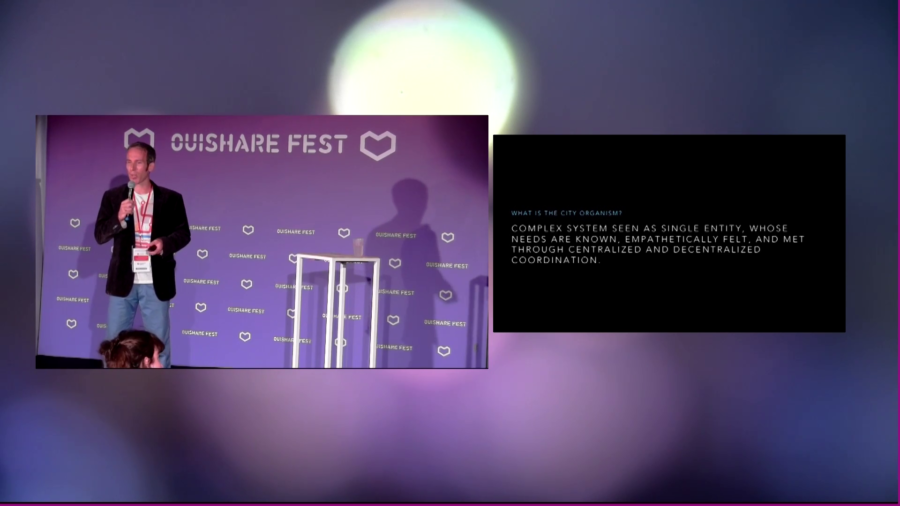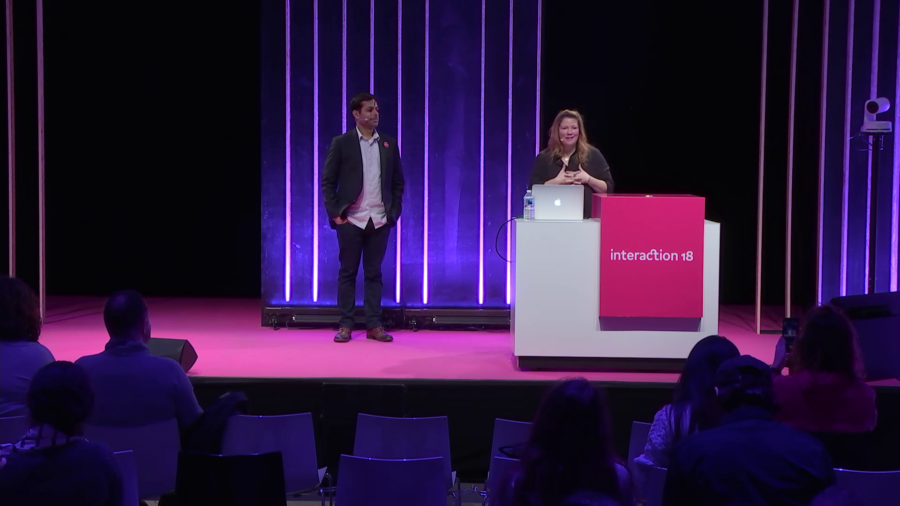We should use our toolbox to make complexity understandable. We need to use the tools at our disposal to build data literacy by showing the context that data exists in. Because with that data, and with context around the data, we’ll be able to build understanding…
Archive (Page 2 of 5)
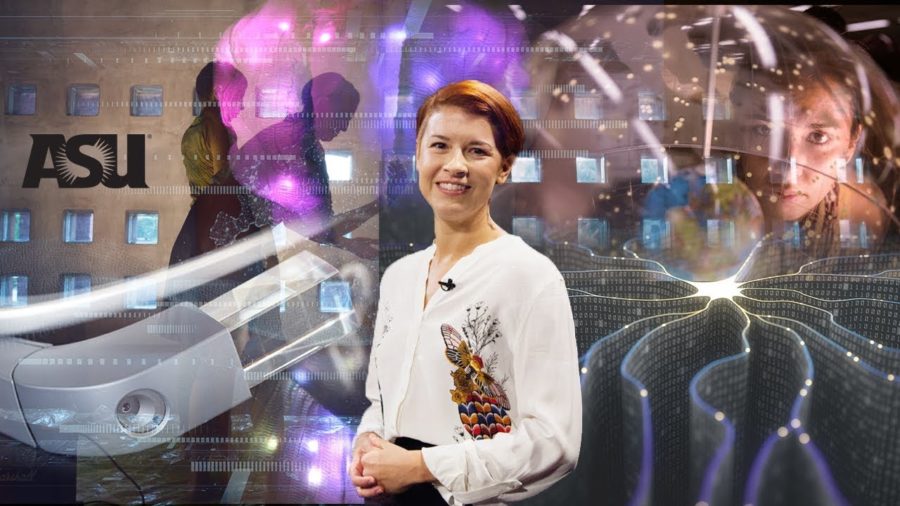
Rather than begrudgingly pushing society forward to be ready, I ask designers to critically reflect on the limitations of their own design practices and to remember that to design for one intersection of society—namely, affluent middle-to-upper-class white American men—does not mean that those designs will work for those who do not identify as such. Even with modifications.
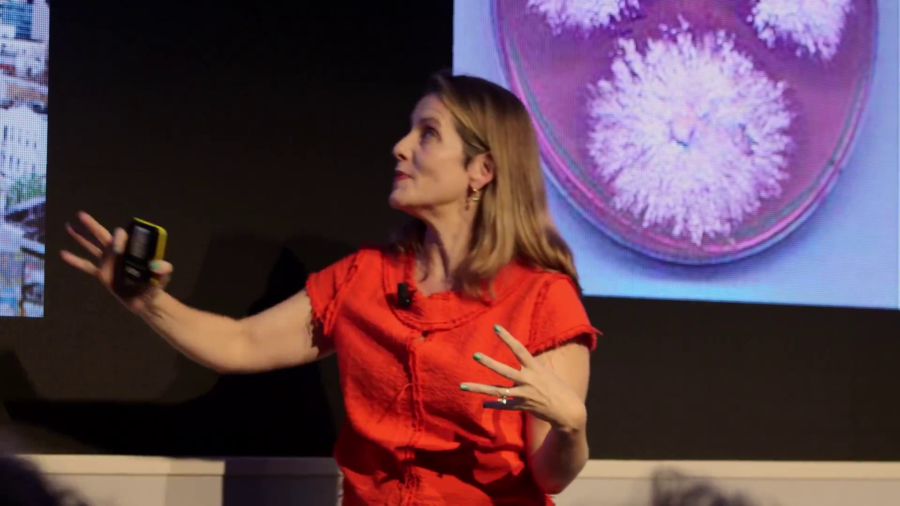
I’m here to talk about digital culture, but a strange, very interesting aspect of it: how close it has brought us to nature. How much it has brought us closer to the dream, to the Holy Grail of all designers and architects and engineers and you name it, to do it like nature does because nature does it best.
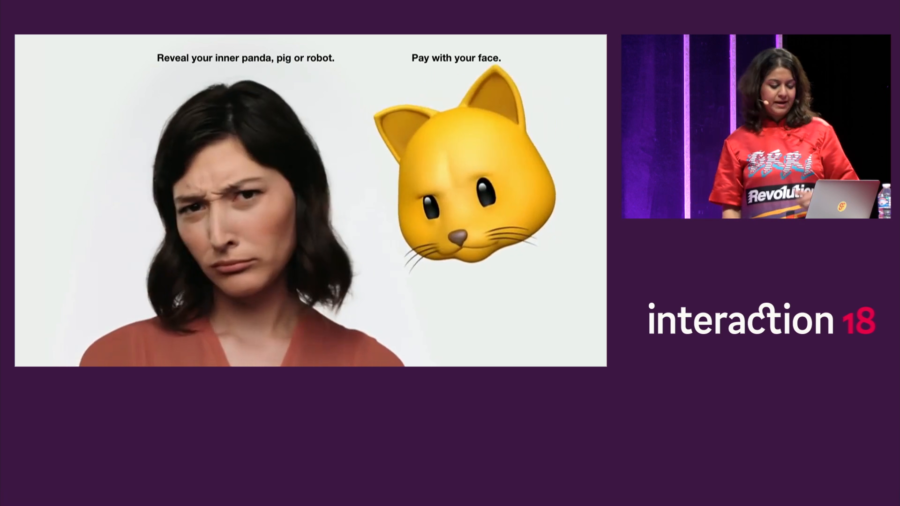
I think it’s important to say that one thing about our work is that we are not fixated on the future as a strict linear progression. We start by acknowledging the fact that the future is not a fixed destination but a constantly-shifting and unfolding space of diverse potential.
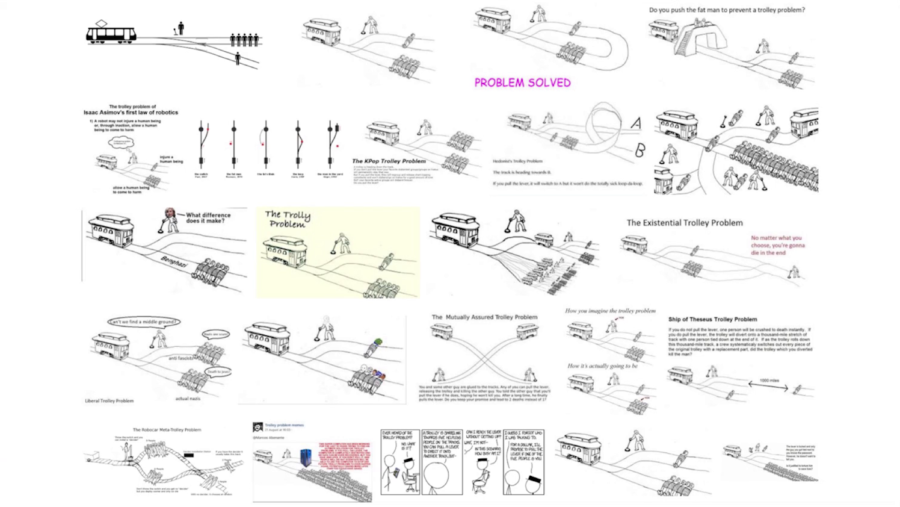
The Markkula Center for Applied Ethics at Santa Clara University has some really useful thinking and curricula around ethics. One of the things they point out is that what ethics is not is easier to talk about than what ethics actually is. And some of the things that they say about what ethics is not include feelings. Those aren’t ethics. And religion isn’t ethics. Also law. That’s not ethics. Science isn’t ethics.
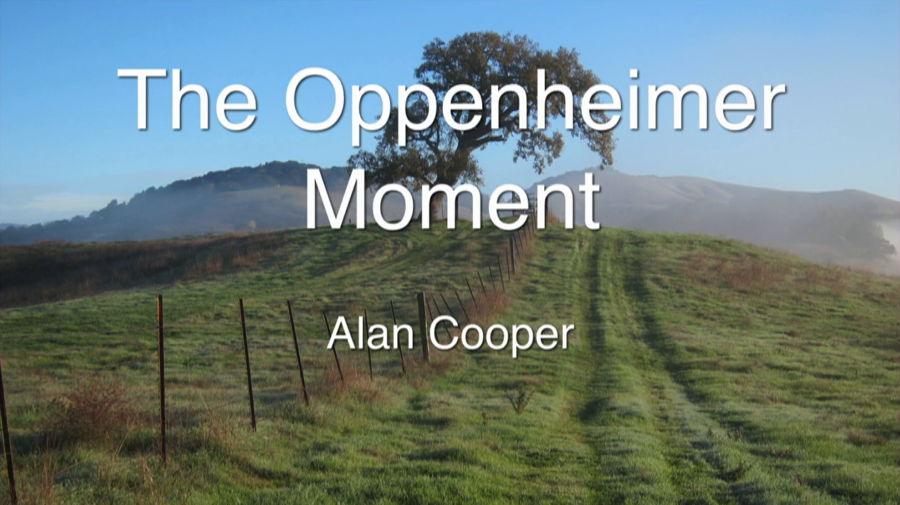
Where did this evil stuff come from? Are we evil? I’m perfectly willing to stipulate you are not evil. Neither is your boss evil. Nor is Larry Page or Mark Zuckerberg or Bill Gates. And yet the results of our work, our best most altruistic work, often turns evil when it’s deployed in the larger world. We go to work every day, genuinely expecting to make the world a better place with our powerful technology. But somehow, evil is sneaking in despite our good intentions.
I think our work is much more interested in questioning the notion that architecture is a static entity. Part of our thinking in terms of architecture is how we make a building breathe. How do we give a building a kind of like, almost a nervous system.
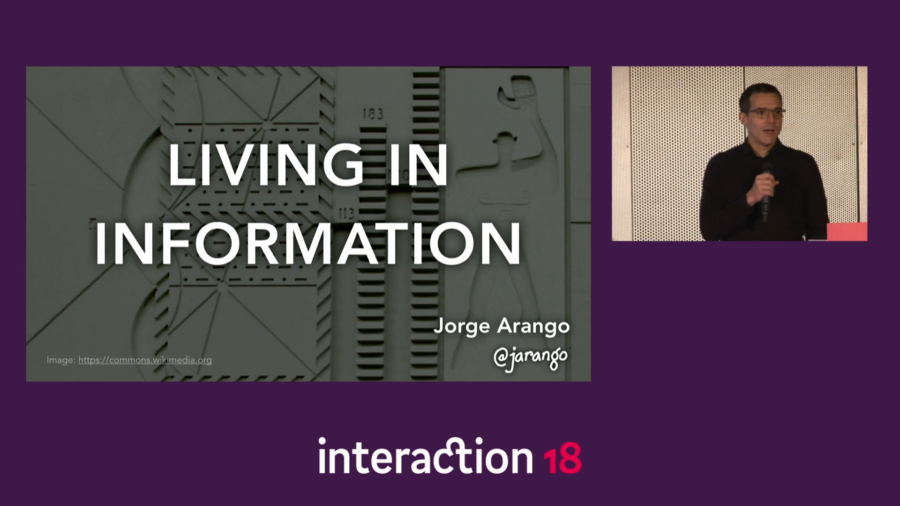
The framing of what we design is very important to how we go about it. We have not been framing these things as contexts. We’ve been framing them as products, services, and a whole other series of terms that are— Tools, for example. And these are things that are mostly transactional. They’re not things that are meant to be inhabited.

